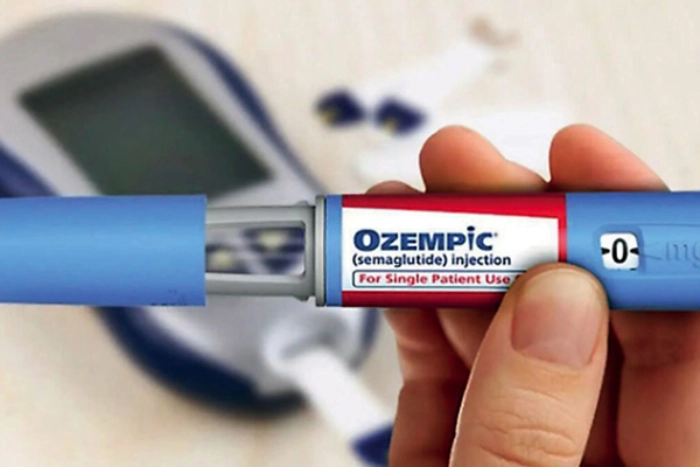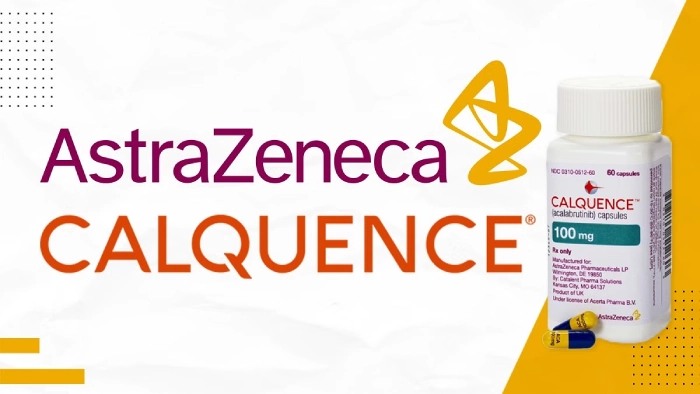HKUMed Develops Revolutionary APL Therapy
The LKS Faculty of Medicine at the University of Hong Kong (HKUMed) has achieved a significant breakthrough in the treatment of acute promyelocytic leukemia (APL), a once highly fatal blood cancer. Their groundbreaking invention, an oral formulation of arsenic trioxide (Oral-ATO; ARSENOL), marks a historic milestone in Hong Kong’s medical landscape.
This innovative medication holds the distinction of being the first prescription drug entirely conceived and produced in Hong Kong, securing patents in the United States, Europe, and Japan. The HKU research team’s tireless efforts over two decades have successfully translated this Hong Kong-born invention into clinical practice, integrating oral-ATO into APL treatment protocols.
Extensive clinical studies have demonstrated the remarkable efficacy and safety of oral-ATO in treating APL patients. The overall survival (OS) rate has soared beyond 97%, accompanied by a substantial reduction in side effects and treatment burden.
The HKUMed research team’s journey with oral-ATO spans more than 20 years of comprehensive studies. A 15-year prospective follow-up study involving over 400 relapsed APL patients revealed astounding results: oral-ATO-based treatment achieved a 100% molecular remission rate and an 80% five-year OS rate. Remarkably, these outcomes were attained without resorting to bone marrow transplantation, a highly toxic procedure still employed in many regions lacking access to oral-ATO.
Building on this success, the team incorporated oral-ATO into maintenance treatment for APL patients in first complete remission, resulting in a 90% five-year leukemia-free survival (LFS) rate and a 97% OS rate. The subsequent step involved integrating oral-ATO into frontline treatment for newly diagnosed APL patients, achieving an impressive 100% LFS and OS at five years.
These findings led to the development of a comprehensive treatment plan encompassing timely treatment initiation, necessary supportive care, and frontline use of oral-ATO. This approach has significantly reduced early deaths related to APL complications, which historically carried a fatality rate of up to 20%-30%.
Currently, the HKUMed research team is evaluating a frontline treatment in Hong Kong consisting of an entirely oral regimen. This regimen combines oral-ATO, all-trans retinoic acid (ATRA), and ascorbic acid (AAA) for APL in a risk-adapted manner.
Dr. Harinder Gill, Clinical Associate Professor in the Department of Medicine, School of Clinical Medicine at HKUMed and lead investigator of the study, emphasizes that the entirely oral “AAA” regimen demonstrates high efficacy and safety. It can be administered in an outpatient setting for all risk categories of APL patients, minimizing chemotherapy use in patients across all risk levels, including both children and adults.
The development of oral-ATO has garnered international recognition, receiving orphan drug designation (ODD) from both the US Food and Drug Administration (FDA) and the European Medicines Agency (EMA), as well as an investigational new drug designation (IND) from the US FDA. These designations are crucial prerequisites for global studies of oral-ATO and represent a significant achievement for a Hong Kong-invented anti-cancer drug.
HKUMed leads the APL Asian Consortium, uniting researchers from Hong Kong, Malaysia, Singapore, and Taiwan to advance APL research and treatment. Their initial retrospective analysis demonstrated the superiority of the frontline “AAA” regimen compared to conventional chemotherapy-inclusive regimens. The consortium now serves as a platform to promote the use of oral-ATO across these regions.
The globalization efforts for oral-ATO extend beyond Asia. Collaborations with researchers in the Greater Bay Area and Singapore have shown promising results, with a three-year OS and relapse-free survival (RFS) rate of 99% and 97%, respectively. The Guangdong Provincial Medical Products Administration (GDMPA) has approved oral-ATO for clinical use in the Greater Bay Area via the HKU-Shenzhen Hospital.
In the United Kingdom, a nationwide Phase 3 study incorporating oral-ATO in frontline APL management is set to commence, funded by Blood Cancer UK. This marks a significant milestone for medicinal development in Hong Kong. Plans are also underway for clinical studies in the US and Europe, leveraging the ODDs granted by the FDA and EMA.
Dr. Gill expresses immense pride in seeing their research translated into practice globally. He emphasizes that the development of oral-ATO is a game-changer for APL patients, offering a convenient and effective treatment option that significantly enhances their quality of life. The team’s ultimate goal is to make APL a curable disease for patients worldwide, which they consider their greatest achievement as medical professionals.
Commentary by SuppBase columnist Alice Winters

The development of oral arsenic trioxide (Oral-ATO) by HKUMed represents a monumental leap forward in the treatment of acute promyelocytic leukemia (APL). This groundbreaking achievement not only showcases Hong Kong’s prowess in medical innovation but also offers renewed hope for APL patients globally.
From a formulation standpoint, the oral delivery of arsenic trioxide is a significant advancement over traditional intravenous administration. This shift to an oral format dramatically improves patient compliance and quality of life, potentially leading to better treatment outcomes. The convenience of oral administration also opens up possibilities for outpatient treatment, reducing healthcare costs and hospital burden.
The efficacy data presented for Oral-ATO is nothing short of remarkable. Achieving a 100% molecular remission rate and five-year overall survival rates exceeding 97% places this treatment at the forefront of APL therapy. These results surpass many existing treatment protocols, potentially establishing a new gold standard in APL care.
What’s particularly noteworthy is the ability of Oral-ATO to achieve these outcomes without the need for bone marrow transplantation. This aspect is crucial, as it eliminates the risks and complications associated with this highly invasive procedure, making effective treatment accessible to a broader patient population.
The safety profile of Oral-ATO also deserves commendation. The reported reduction in side effects compared to traditional treatments is a significant benefit, especially considering the often harsh nature of cancer therapies. This improved tolerability could lead to better treatment adherence and potentially expand the eligible patient population to include those who might not have been able to tolerate more aggressive therapies.
From a market perspective, the orphan drug designations from both the FDA and EMA are significant milestones. These designations not only facilitate faster regulatory pathways but also provide market exclusivity, which is crucial for recouping research and development costs. This could incentivize further investment in rare disease treatments, benefiting patients with other uncommon conditions.
The global collaboration efforts surrounding Oral-ATO are commendable. The formation of the APL Asian Consortium and partnerships with researchers worldwide demonstrate a commitment to ensuring widespread access to this breakthrough treatment. This global approach is essential for addressing health disparities and ensuring that patients, regardless of geographical location, can benefit from medical advancements.
However, it’s important to note that while the results are extremely promising, long-term follow-up studies will be crucial to fully understand the treatment’s efficacy and any potential late-onset side effects. Additionally, cost considerations and accessibility in resource-limited settings will be important factors to address as Oral-ATO moves towards global adoption.
In conclusion, the development of Oral-ATO by HKUMed represents a paradigm shift in APL treatment. Its impressive efficacy, improved safety profile, and potential for outpatient administration make it a game-changing therapy. As it continues to gain recognition and approval worldwide, Oral-ATO has the potential to redefine APL from a life-threatening condition to a highly curable disease, marking a new era in leukemia treatment.



